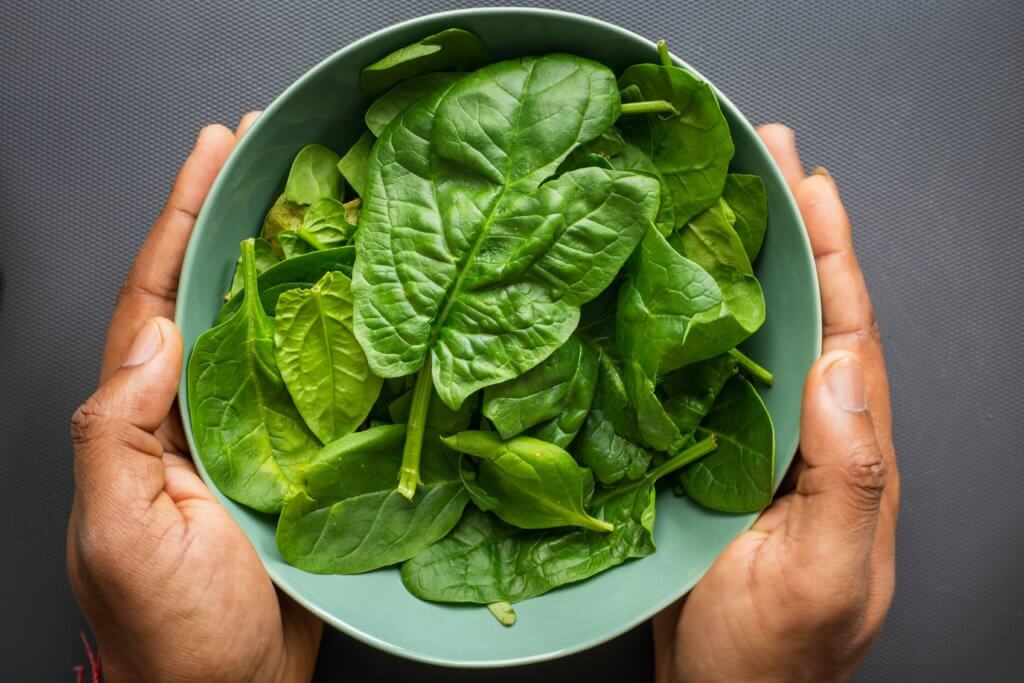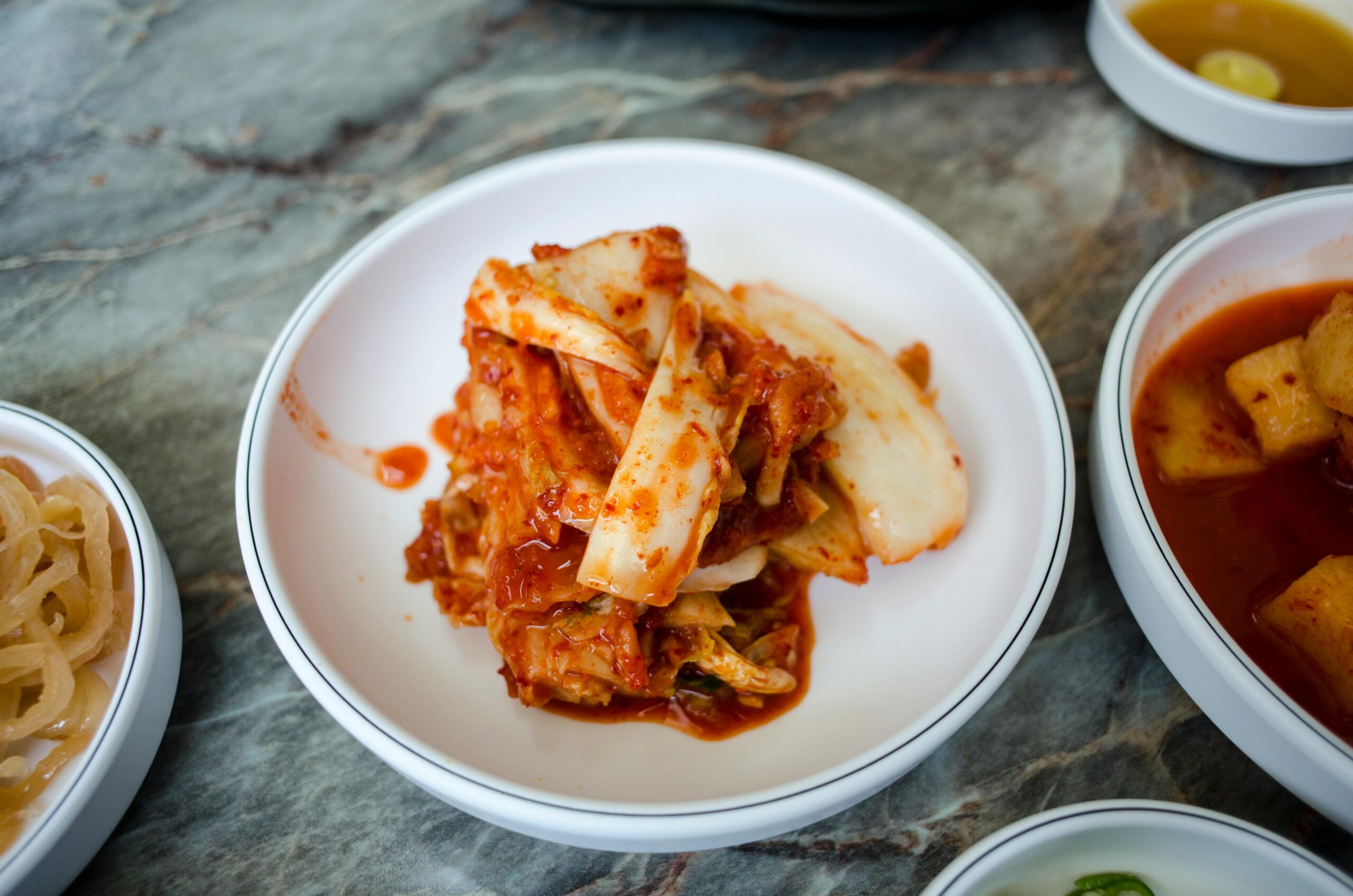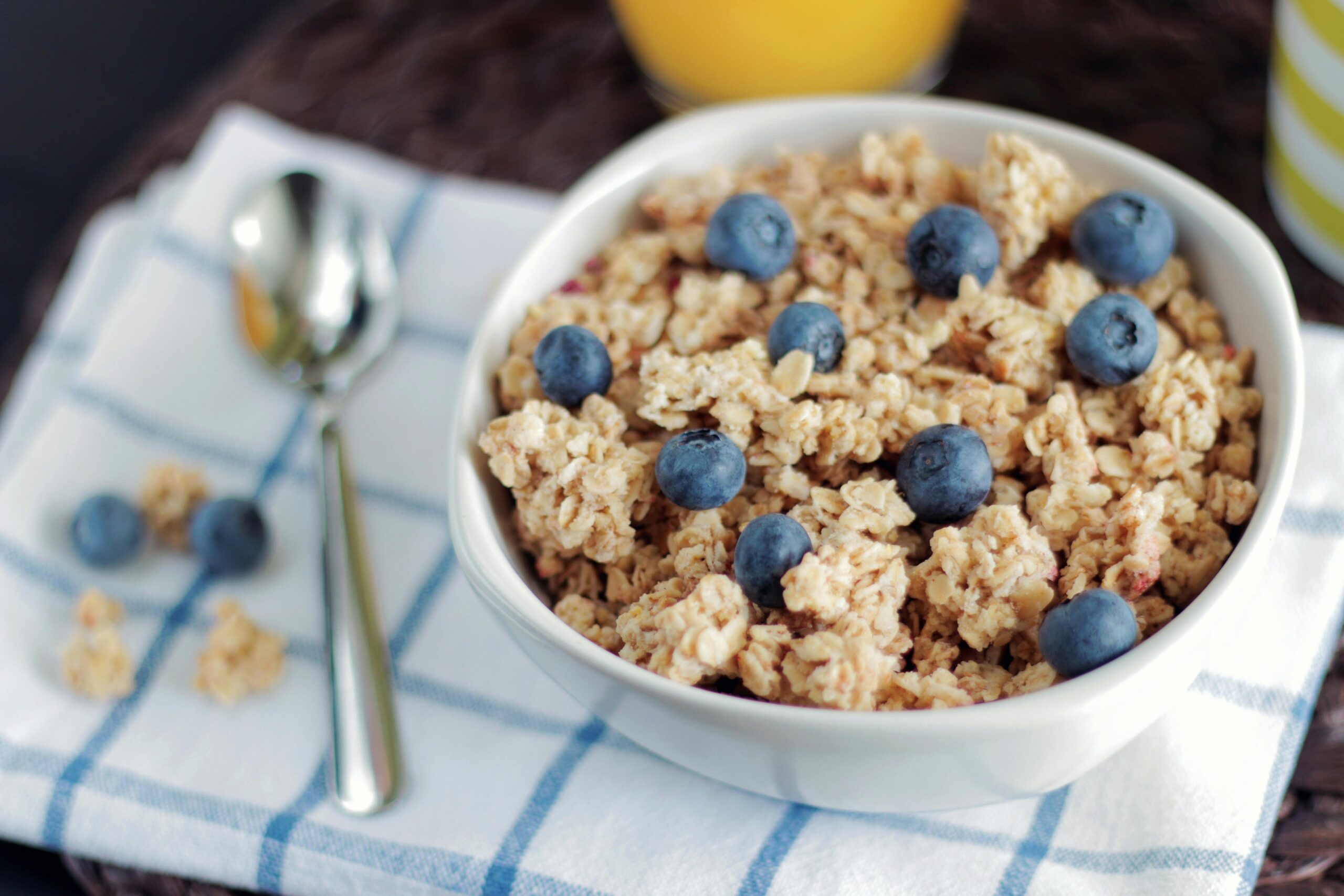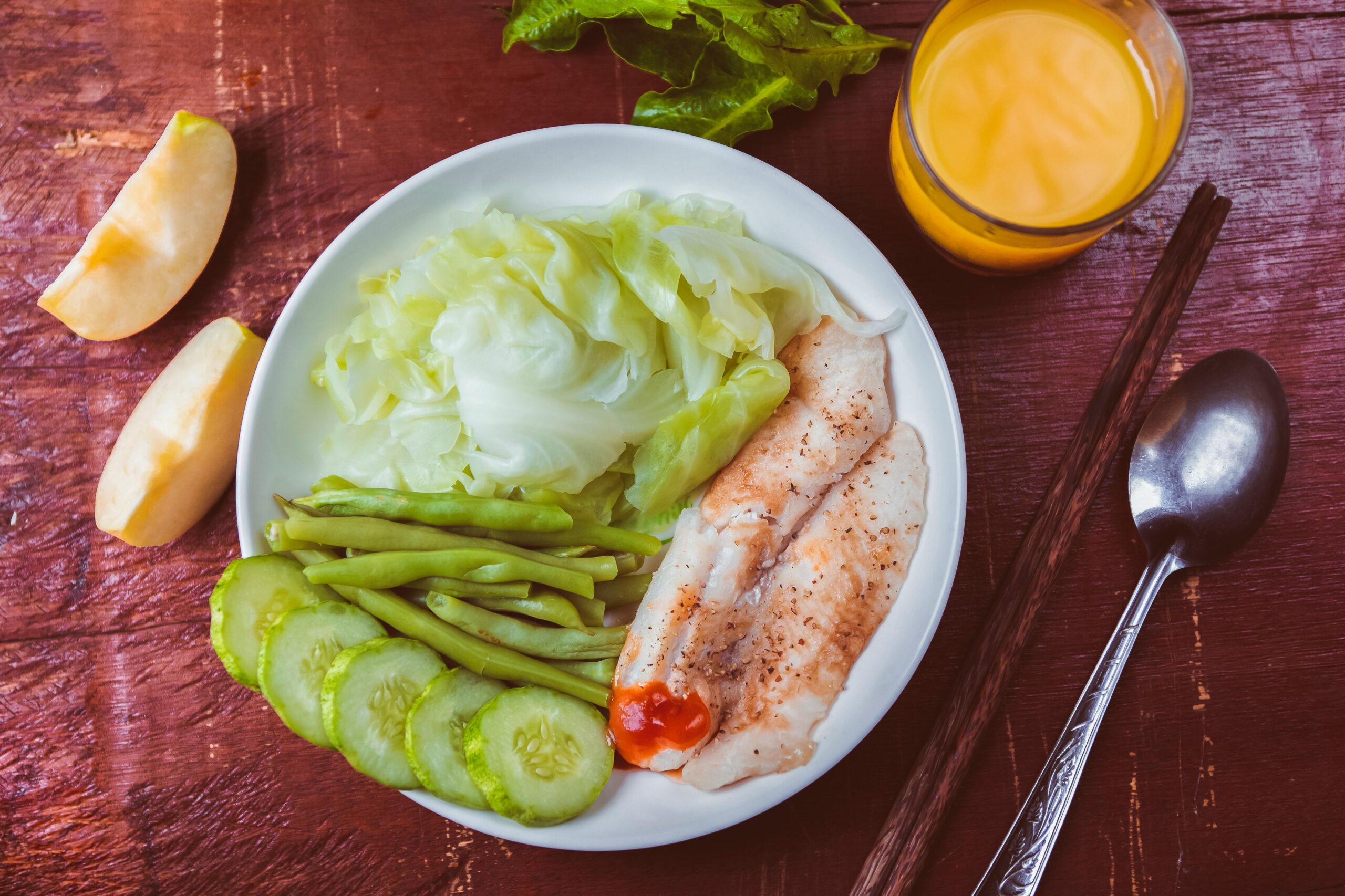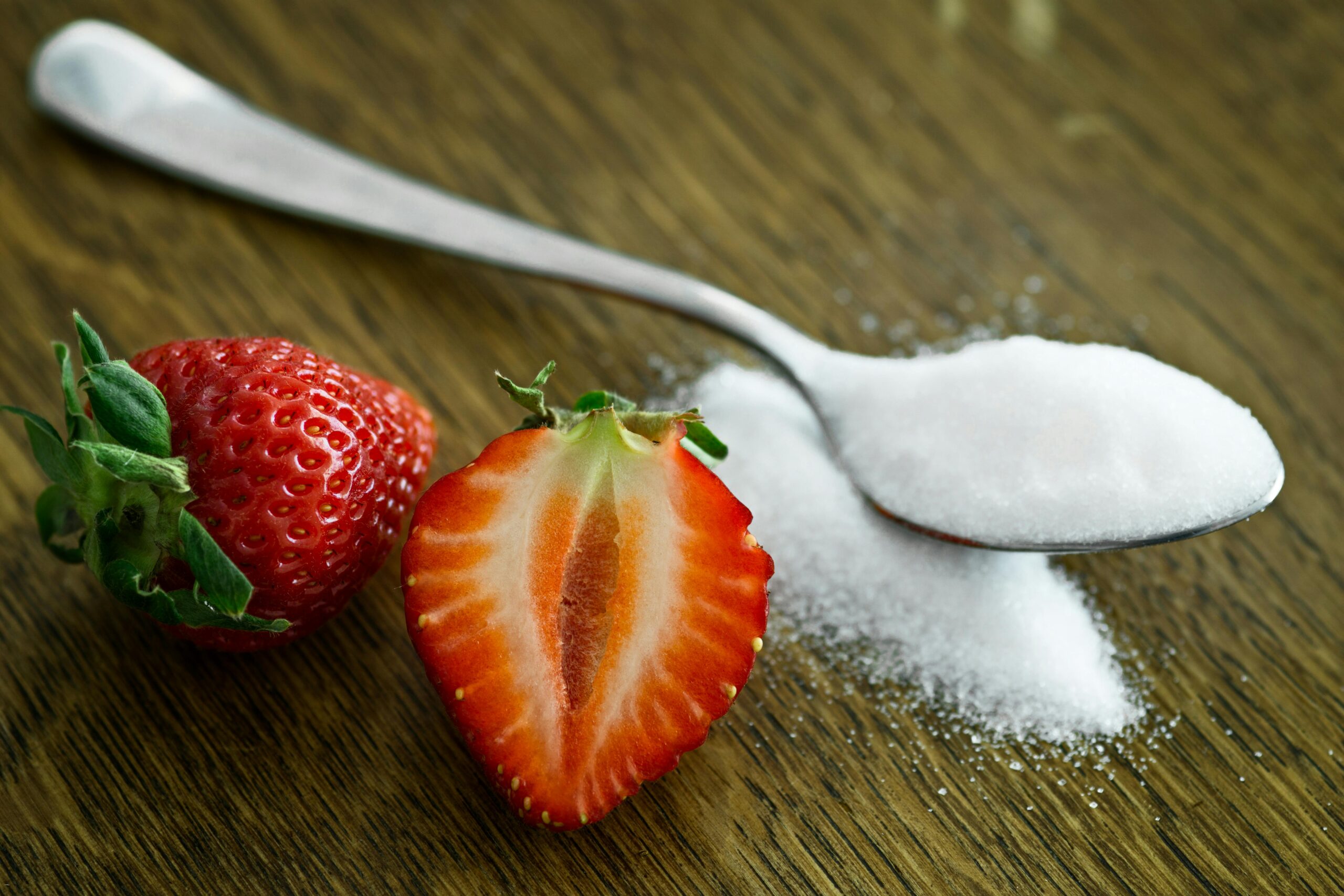Spinach might have the power to prevent cancer and ensure a healthier gut. New research from Texas A&M University Health Science Center finds that the ingredients in spinach can discourage the development of polyps that progress into colon cancer.
Colon cancer is the fourth most common cancer in the United States. It also is the second-leading cause of cancer-related deaths. Hereditary colon cancer makes up 10 to 15 percent of cases. Previous research suggests that eating green vegetables and fiber cuts the risk of colon cancer by almost half.
In the current animal study, the team studied a model called familial adenomatous polyposis. It is a hereditary disease that causes young people to have noncancerous growths known as polyps form in the colon. People who present with polyps tend to have them surgically removed to prevent it from developing into a tumor. Afterwards, they take NSAID treatments to discourage future tumor growth in the small intestine. The current study suggests spinach could be a valuable aid in this patient population by delaying colon removal and extended drug effects.
Researchers fed freeze-dried spinach to an animal model of familial adenomatous polyposis for 26 weeks. They noticed significant antitumor activity inthe colon and small intestine. Further analysis showed that spinach prevented tumors through increasing the microbial diversity of the gut microbiome and changes in gene expression. Eating spinach also helped with increasing the level of healthy fatty acids called linoleate metabolites that help with regulating inflammation.
“We believe eating spinach can also be protective for people who do not have familial adenomatous polyposis,” says principal investigator Roderick Dashwood, director of the Center for Epigenetics & Disease Prevention at the Texas A&M Health Institute of Biosciences and Technology in a university media release.
While most colon cancer cases are not genetic but rather from an unhealthy diet or carcinogenic environment, the team suggests spinach could also help in these cases as well. Previous work from Dr. Dashwood’s team showed that spinach could help prevent polyps in sporadic cases.
“My bias was to focus on the chlorophyll story because of my long history examining anti-cancer effects of chlorophyll,” Dr. Dashwood explains. “But it turned out the multi-omics approach prompted other ideas. When we looked at the metabolomic data, there was no chlorophyll. It was actually fatty acids and linoleic acid derivatives that were causing the beneficial effects.”
The next step is to validate the findings of spinach’s anticancer effects on more preclinical models and potentially on humans in the future. Though, Dr. Dashwood suggests you shouldn’t wait a few years to hear their results to start eating your greens.
“The sooner the better,” Dashwood recommends. “You shouldn’t wait until polyps arise in order to start to do these sorts of preventive things.”
The study is published in the journal Gut Microbes.
